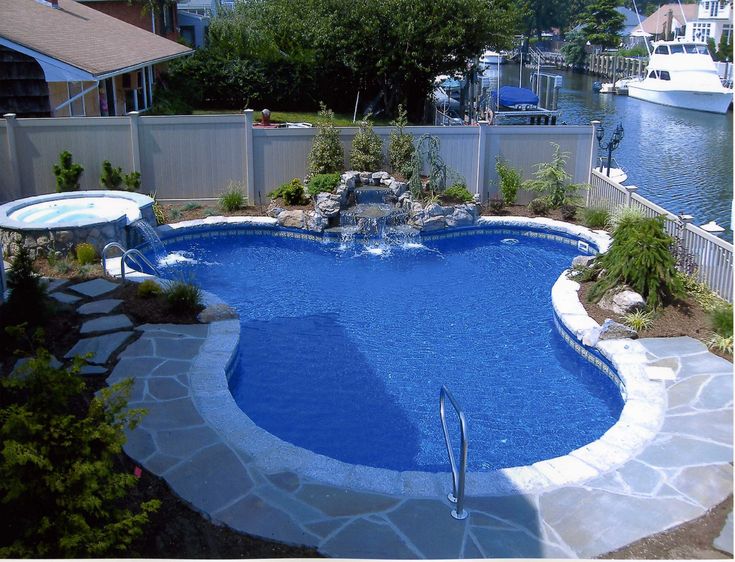How to remove wallpaper border from walls
Easy Ways to Remove Wallpaper Border
Removing wallpaper border can be tricky, whether you’re removing it from a painted wall or a wallpapered one.
Either way, to remove it without damaging the underlying walls or wallpaper, you’ll need to take your time. Below we’ve laid out the steps for the best way to remove wallpaper borders—without damaging your walls in the process.
How to Remove Wallpaper Border
Most wallpaper borders are easy to remove, especially those manufactured in relatively recently. The main tools it generally takes are a putty knife and some perseverance to lift the decorative accent and remove it without too much trouble.
Tools You’ll Need
- Plastic sheet or drop cloth
- Wallpaper scraper or putty knife
- Spray bottle
- Bucket
- Fabric softener
- Sponge
- Heat gun or wallpaper steamer
- Chemical wallpaper remover
- Wallpaper scoring tool
- Orbital sander with 40-60 grit paper
Steps for Removing Wallpaper Border:
- Move furniture and other items into the middle of the room and cover with a plastic sheet or drop cloth.
- With a wallpaper scraper or putty knife, locate a seam and lift a bottom corner of the wallpaper border.
- Once a large enough section is peeled back with the knife, slowly peel the paper away by hand, applying steady and even pressure so it doesn’t tear. For areas that resist, slide the knife or scraper under the paper as you pull to loosen the glue’s grip.
- Once all the adhesive has been removed, wipe the area with a clean sponge and hot soapy water (dish soap will work), making sure you’ve removed all the residue, and allow it to dry.
Other Ways to Remove Wallpaper Border
If the border doesn’t come off easily or keeps tearing, leaving you to chip peel off pieces off bit by bit, step up the removal process with the following methods.
Warm Water and a Putty Knife
- Fill a spray bottle with warm-to-hot water.
- Spray the wallpaper so that it absorbs the water, but not so much that you damage any underlying wallpaper.
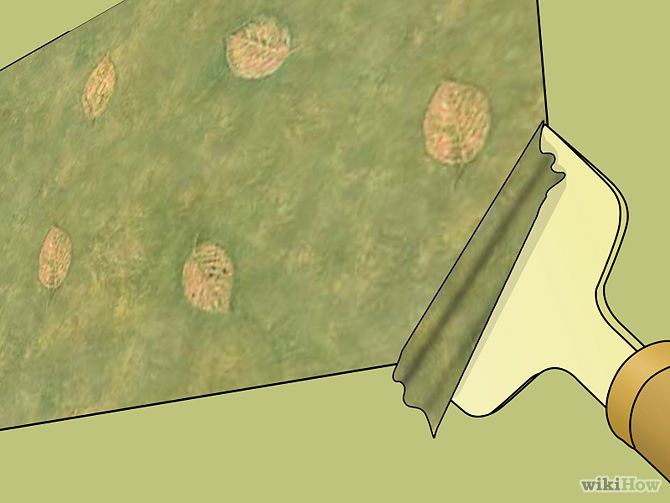
- Allow the water to penetrate the border, about ten minutes. This will loosen the glue and allow the paper and backing to be removed with less resistance.
- Using the same method as above, insert the putty knife under an edge and pull the paper back, using the putty knife to assist where necessary.
- For stubborn spots, spray more warm water, wait a few minutes, and tackle the area again.
Fabric Softener and Water
- Mix equal parts water and fabric softener in a spray bottle, shake and spray onto the wallpaper.
- Allow the solution to penetrate the border for 5-10 minutes before attempting to scrape it off with a putty knife or scraper.
- For an eco-friendly solution, use white vinegar instead of fabric softener, and follow the same steps as above.
Heat Gun or Wallpaper Steamer
- For a hard-to-remove wallpaper border on a painted wall, apply high heat from a wallpaper steamer or heat gun (a hairdryer may work in a pinch).
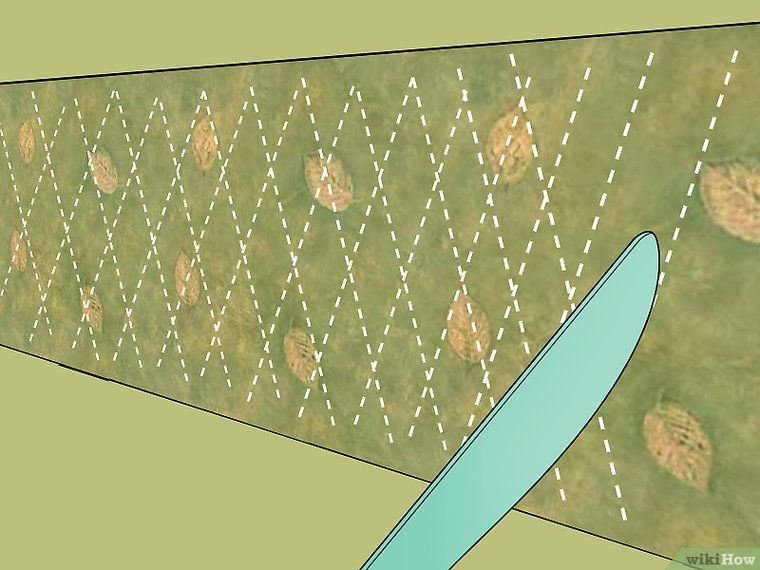
- Once the border’s been heated enough to melt the glue, use your scraper to peel it back.
- If using a steamer or heat gun, be sure to follow the manufacturer’s instructions and wear protective gloves, clothing, and safety goggles—steamers drip hot water and heat guns can burn skin easily.
- Do not use a heat gun or steamer for a border that’s adhered to wallpaper you’re trying to salvage—the heat may also melt the glue of the wallpaper, causing it to bubble and pull away from the wall.
Chemical Wallpaper Remover
If the paper still resists, enlist the help of a wallpaper removal product, following the directions on the label.
- For a particularly stubborn wallpaper border, you can score the paper every 6 to 12 inches with a wallpaper scoring tool before applying the remover.
- A scoring tool makes tiny holes in the paper you only need a little bit of pressure; if you press too hard, you’ll damage your wall. Allowing the solution to penetrate the backing will make the border’s removal easier.
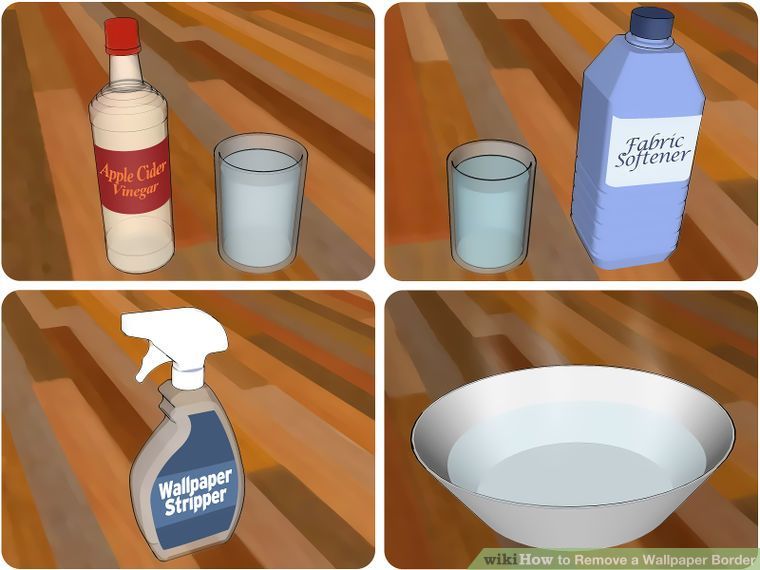
- Then, using the same method detailed above, lift the paper with the putty knife to remove as much of the paper as possible in large chunks.
- If you need to, apply additional remover for stuck-on parts, waiting an additional 5 minutes for the remover to penetrate the glue.
Orbital Sander
- For super-stuck-on wallpaper border pieces, an orbital sander with 40-60 grit paper can sand away the top layer.
- Once the top layer is removed, spray down the remaining backing with warm water, wait a few minutes for the glue to loosen, and remove the border remnants with your putty knife.
- Removing wallpaper border while trying to salvage the wallpaper underneath: In an ideal world, the wallpaper border will easily peel off, without pulling the wallpaper up along with it.
- If it is proving to be stubborn, any other method has the potential to damage the wallpaper you are trying to save. And, depending on how much sunlight the room receives, the wallpaper under the border may be darker than the rest of the wallpaper.
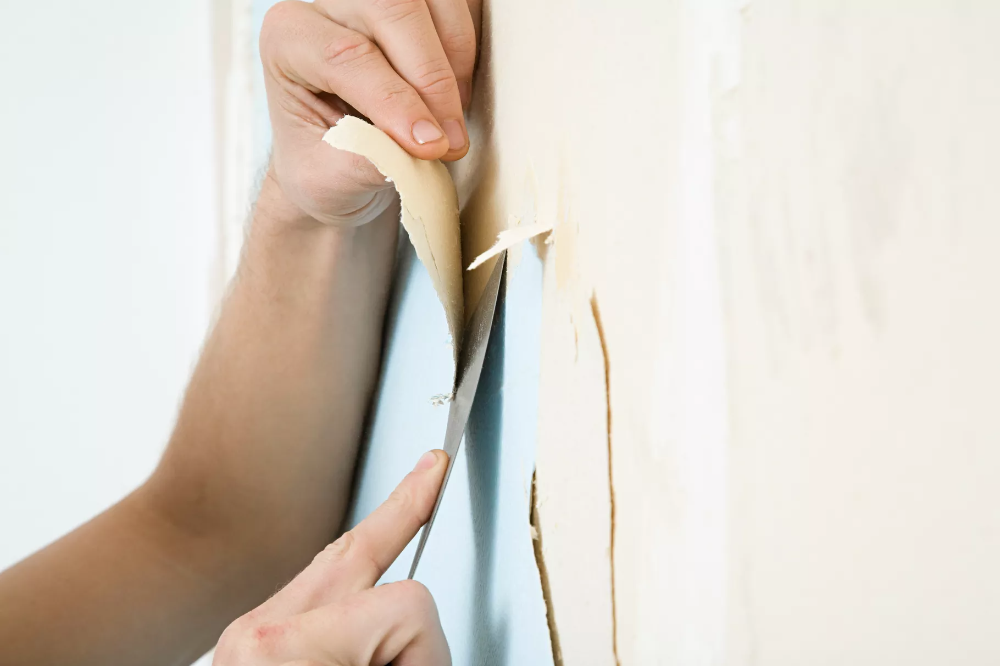 It’s best to determine if it is worth your time and effort to try and save the wallpaper.
It’s best to determine if it is worth your time and effort to try and save the wallpaper.
How to Remove Wallpaper - Best Way to Remove Wallpaper Border and Glue
Wallpaper is in vogue again, but that doesn't necessarily mean the wallpaper (or old-school border!) you inherited from previous homeowners is your style. If it's time for it to come down, fear not. You can accomplish the task without losing your mind with this simple guide to how to remove wallpaper.
Once it's down you can add a punch of style back to the wall with a new pattern (perhaps a removable wallpaper that will peel off with ease in the future) or a fresh coat of paint (try one of our editors' favorite wall colors). You might even be able to paint over your wallpaper, but be sure to read up on when it works and when it doesn't before going that route.
Now, time to say sayonara to your current wallpaper without damaging your drywall—and without a steamer. We've got you covered, from necessary safety steps to essential techniques. Plus, find pro tips, including how to make a homemade wallpaper remover using fabric softener.
We've got you covered, from necessary safety steps to essential techniques. Plus, find pro tips, including how to make a homemade wallpaper remover using fabric softener.
How to Remove Wallpaper
What to Know Before You Start
Safety first. Removing wallpaper is going to be messy and wet (or at least damp) in the process, so make sure you start by turning off your electricity and taping off any outlets that are in the area where you are working (you'll want to remove the outlet covers so you can get to the wallpaper underneath).
We also recommend you start with a little mental preparation because the process will likely test your patience. Taking that wallpaper down can take lots of time and create a sticky mess (make sure you cover your baseboards and floors!), and midway through you might just question why you decided to do it in the first place. But it is doable, and the steps aren’t all that complicated.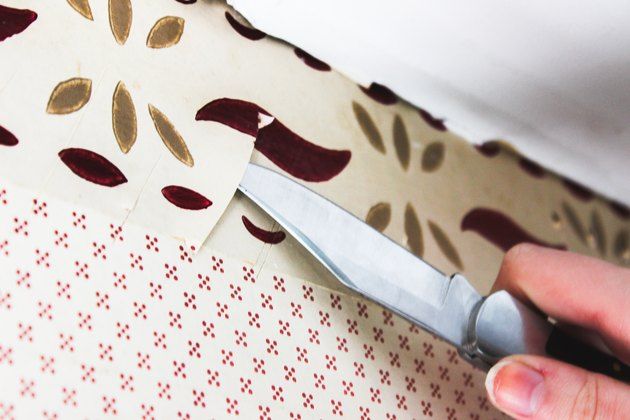 Give yourself about a weekend, give or take depending on square footage. By the end, you’ll have a nice clean wall ready to bring your next design vision to life.
Give yourself about a weekend, give or take depending on square footage. By the end, you’ll have a nice clean wall ready to bring your next design vision to life.
Liquorice//Getty Images
Master This 3-Step Technique: Score, Wet, and ScrapeFirst, test a wallpaper seam with the tip of a metal putty knife, taking care not to gouge the drywall with the knife. If the paper comes up and peels off easily, you’re in luck! Peel away. If it doesn’t, you’ll need to soften the glue before you can strip the paper off.
Tip: Don’t use a plastic putty knife; they’re too thick to get under the paper. Also, consider filing down the edge of your metal putty knife so that it’s a bit more rounded. This will help you to avoid accidentally gouging your drywall when trying to lift up the paper.
To do this, grab yourself a wallpaper scoring tool, and roll the tool over the wallpaper in small sections.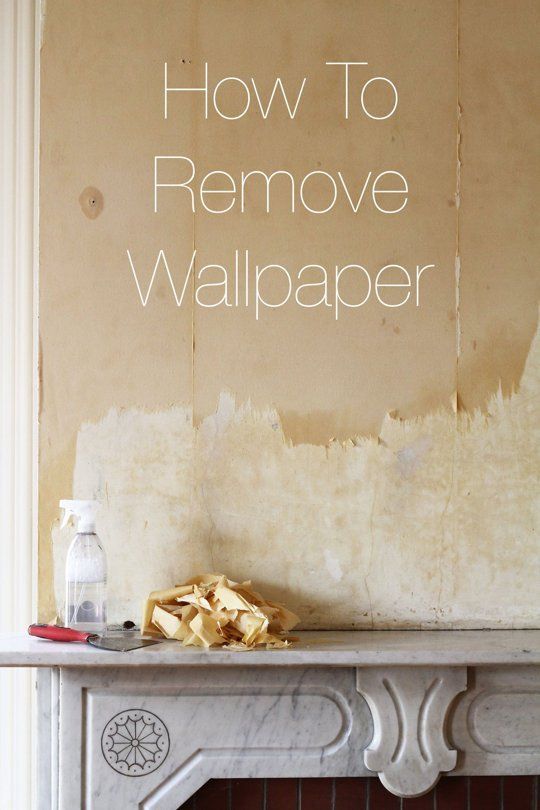 The scorer will create small tears in the paper (don’t press too hard or you’ll damage your wall), which will allow either water or a wallpaper stripping solution to soften the glue underneath the paper.
The scorer will create small tears in the paper (don’t press too hard or you’ll damage your wall), which will allow either water or a wallpaper stripping solution to soften the glue underneath the paper.
Spray the torn area of the wallpaper with the water or paper stripper (or dampen it using a wet sponge), and let sit for a few minutes to work on the glue.
Tip: Some suggest using a one-to-one mixture of fabric softener and hot water for this! The hotter the water, the better, so wear gloves.
Test a small area using your fingernail—if the paper comes off easily, you’re in business. If not, repeat the wetting process and let it sit a bit longer to do its thing.
When the perforated portion is wet and peels off easily when you test it, use the corner of your putty knife to strip off the paper. Don’t be surprised if the glue stays behind; we cover that piece of the puzzle in the next section.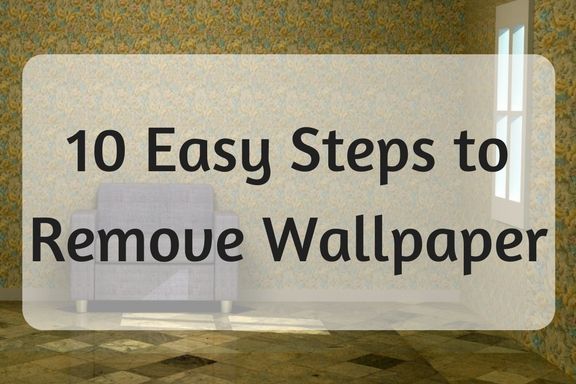 Repeat the entire process—scoring, wetting, scraping—until the wallpaper is gone.
Repeat the entire process—scoring, wetting, scraping—until the wallpaper is gone.
After you've removed all of the paper from a wall, you'll probably have sections or spots sticky with adhesive. The easiest way to remove these is to scrub the wall with hot soapy water (try liquid dish soap) and a sponge or wash cloth. You want to get all of the residue off the walls, so don't be tempted to skip this and paint right over it. You'll risk creating a mess that won't work well for painting or repapering.
Tip: Really having a hard time removing the glue? Try upping your game to a gel stripper.
How to Remove a Wallpaper BorderWallpaper borders are removed in the same way as full panels (see instructions above) with the added challenge that most, if not all, of the work takes place from a step stool or ladder.
Gwendolyn Plath//Getty Images
Wallpaper that's decades old can be removed following the above tips and methods, too, but you may have to put a good deal of elbow grease into it, depending on whether it was professionally installed or not (professional installs tend to be harder to remove than DIY jobs). If your home is older, you may have plaster walls instead of drywall—the latter of which is softer and more prone to dampness and gouging—so be extra careful.
This content is imported from OpenWeb. You may be able to find the same content in another format, or you may be able to find more information, at their web site.
How to remove old wallpaper effortlessly
Contents
- Removal options for different types of wallpaper
- How does YouDo work?
- What do you need to remove old wallpaper?
New wallpaper can transform the interior. But they need to be glued on a previously prepared surface, from which the remnants of the previous wallpaper were carefully removed. The previous layer can distort and spoil the new one over time, so you should never leave it. Only in this case, the coating will lie on the surface well, without flaws and swelling.
But they need to be glued on a previously prepared surface, from which the remnants of the previous wallpaper were carefully removed. The previous layer can distort and spoil the new one over time, so you should never leave it. Only in this case, the coating will lie on the surface well, without flaws and swelling.
To quickly remove old wallpaper from the walls, you need to know how they were glued. If ordinary glue was applied to the walls treated with a primer, then the old wallpaper will be easy to remove - provided that they have not lost their strength. If the product itself is thin and torn at hand, you should not count on a quick solution to the problem.
In any case, removing old wallpaper will take time and the following tools:
- Two sharp trowels of different sizes.
- Container of water with soap or wallpaper remover added.
- Steam mop or iron with cotton cloth.

A needle roller, stepladder, knife, plastic wrap, electrical tape, or duct tape may also come in handy.
It is more correct and hygienic to remove wallpaper from the walls in a wet way. This will generate less dust and the removal process itself will take less time.
Other artists on Yudu
-
Semyon
Rating: 5
-
Alexander
Rating: 5
-
Anton
Rating: 5
-
Michael
Rating: 5
-
Valery
Rating: 4.
 9
9
Find a master
Removal options for different types of wallpaper
To quickly remove old pieces of canvas from the walls, it is enough to touch the edge with a spatula and pull it, prying and correcting unyielding places. If this is not enough, you can use one of the methods described below.
Water. To do this, walk over the entire surface with a sponge moistened with warm water and soap, wait a few minutes and repeat the procedure.
Important! First you need to turn off the electricity or seal the sockets and switches.
Soap, dishwashing liquid or fabric softener can be added to the water. In this case, it is necessary to use a sufficient amount of liquid, without sparingly applying it to the walls. If there is not enough water, then it will dry quickly and will not have time to soak the glue, so it will be problematic to tear off the old wallpaper.
Steam generator. If you have no experience in removing old wallpaper, but have a device that generates steam, then everything will go like clockwork. It will quickly soften both the paper base and the glue underneath. An analogue of a steam generator, which is far from being in every home, can be a steam or regular iron with a steam function, as well as a steam mop. In extreme cases, you can iron the old wallpaper with a hot iron through a damp cotton cloth - the effect will be about the same.
Steam generator
Special fluid. One bottle is enough to clean up to 100 square meters of wallpaper. The liquid will quickly penetrate to the adhesive layer and soak it. Such products are much more effective than ordinary soapy water, they can be used when working indoors. The product is mixed with water and distributed over the entire area of the old wallpaper. After a few minutes, the wetted layer is easily removed with a spatula.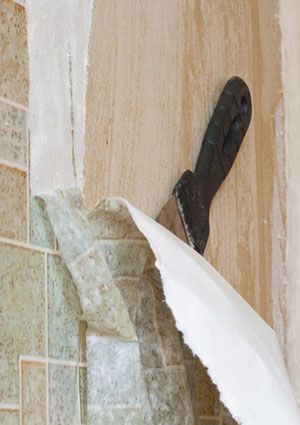 Wallpaper remover lends itself to paper, textile, vinyl and other canvases.
Wallpaper remover lends itself to paper, textile, vinyl and other canvases.
Trowel or angle grinder. Spatula from an auxiliary tool turns into the main one if the wallpaper was pasted on PVA glue (and sometimes you can also find a layer of newspapers under them). Since PVA cannot be soaked with water, you will have to act mechanically. You can also use a grinder. It will help to quickly remove old remnants and large pieces of wallpaper from the walls. But such a device can leave furrows and stripes on the wall after work. The plaster is damaged, so after the old wallpaper has been removed, it will be necessary to level the surface.
Spatulas
If special equipment is used, then it is necessary to take care of the equipment and use a protective face mask. Angle grinder creates a lot of dust in operation, from which it is necessary to protect yourself.
Before you start removing old wallpaper from the walls, you also need:
- Remove all furniture from the room or cover it with a special film.
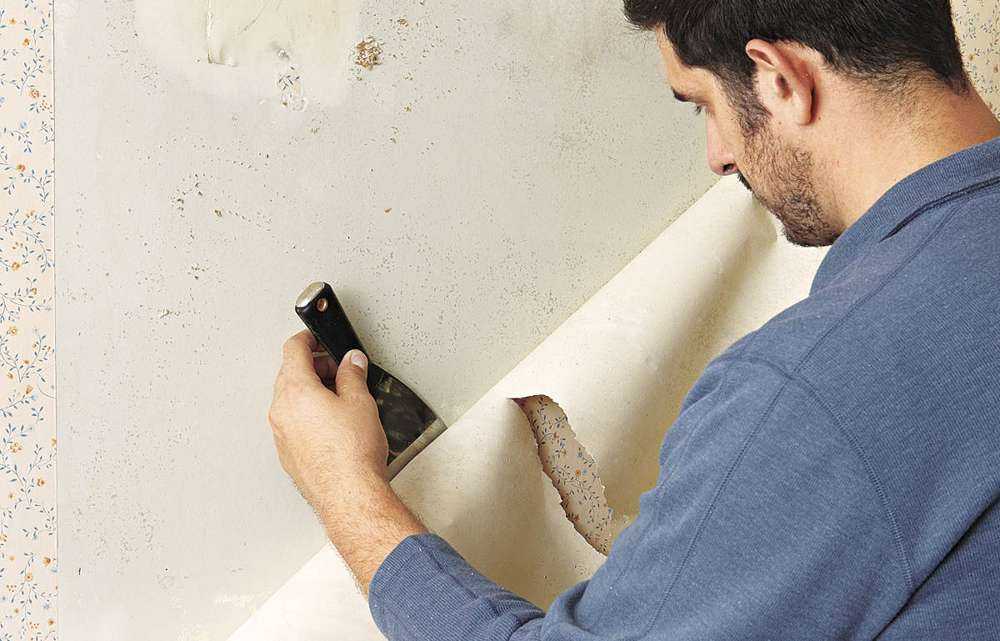
- Remove curtains and remove anything that might get dirty.
To select the most effective option for removing old wallpaper, it is important to understand what type they belong to - paper, vinyl, non-woven, liquid.
- Paper. Adheres tightly to the wall, so removal may be a problem. The most difficult thing is to tear off the wallpaper, pasted in one layer. It is recommended to walk on them with a needle roller, then wet them abundantly and remove with a spatula. If necessary, repeat as many times as needed.
- Vinyl. are easier to remove than others because the film is the main component in their composition. Vinyl wallpaper is quite simply removed after wetting, moving away in whole strips. The edge of the canvas is touched with a spatula and gently pulled down. The paper component on a flat wall may remain in some places, but then it can be easily removed.

- Non-woven. Non-woven wallpaper must be perforated with a needle roller before stripping. This fabric is durable and easy to remove. As in the version with paper sheets, it is enough to use a spatula.
- Liquid wallpaper. Consists of a mixture of cellulose, cotton and water-soluble adhesive. To remove them, simply soak them in warm water. The mass on the walls will swell, and it can be removed mechanically.
Finally, if you need to remove the wallpaper from a plasterboard wall where the top (paper) layer needs to be left intact, a needle roller and water/wallpaper remover is the way to go. You just need to carefully monitor the condition of the coating to be removed and prevent it from getting too wet - then the glue will dissolve, but the drywall will not have time to be damaged.
How does YouDo work?
Describe
your task and conditions. It's free and takes 3-4 minutes
It's free and takes 3-4 minutes
Get responses
with prices from artists. They usually arrive within 30 minutes
Choose
a suitable artist and discuss the deadline
What do you need to remove the old wallpaper?
There is nothing difficult in quickly removing wallpaper from the walls. It is quite possible to cope with such work on your own. It is enough to stock up on the necessary tools, equipment and patience. But if you do not want to waste time and carry out the laborious procedure yourself, you can turn to experienced craftsmen.
Procedure
Prepare the necessary tools and materials.
Remove everything from the room.
Determine the type of wallpaper and proceed to remove them.
or create a task for Yuda
Pavel's task "Remove the wallpaper"
2 000 ₽
High quality and fast dismantling of wallpaper.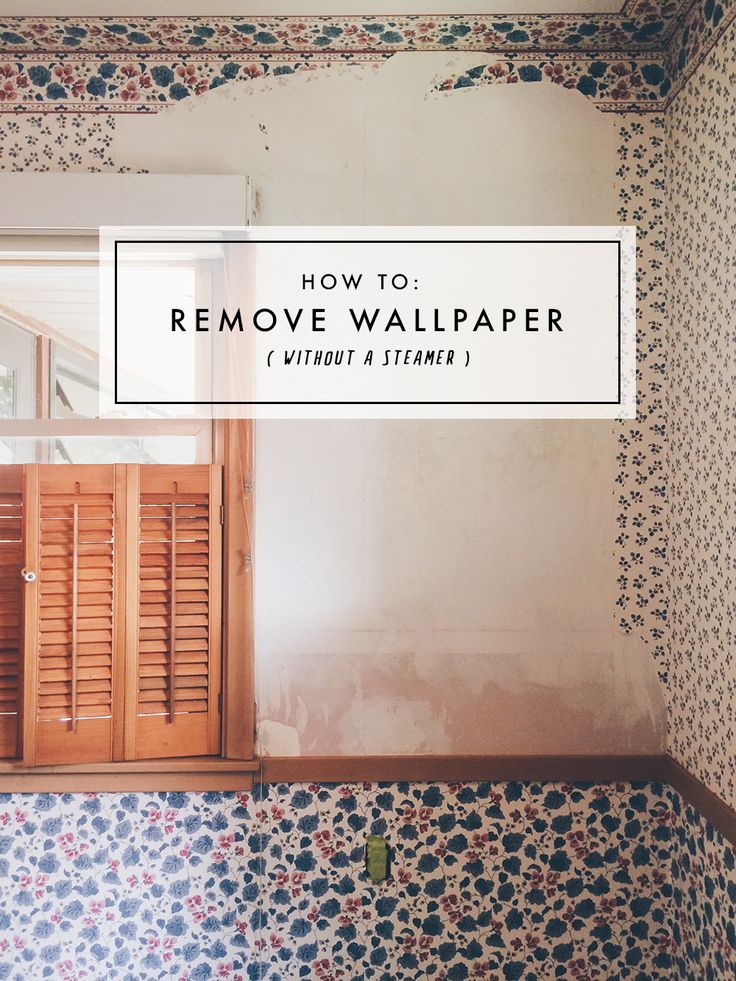 Punctual and responsible. Recommended for orders!
Punctual and responsible. Recommended for orders!
Task Executor:
Artem
5.0 113 reviews
Create the same task
Leave your reaction if it was useful for
5
1
Download the application and use Youdo anywhere
,Plove the phone chamber of the phone on QR code to download the application
You are here:
- home
- Repair masters
- Articles
- Wallpaper
- Electrical
- Apartment renovation
- Plaster
- Plumbing work
- Interior design
How to Remove Old Wallpaper Quickly and Easily: Best Ways and Life Hacks
Preparing for Wallpaper Removal
It is important to prepare your work area before you start stripping. The old coating does not always come off easily - tools should be at hand. Equally important is safety.
Precautions to be taken
It will not be possible to remove the old coating completely clean. Along with the wallpaper, plaster, old paint, dust can leave. For the safety of furniture or floors, you need to prepare the room.
Room preparation:
- Completely turn off the electricity in the room.
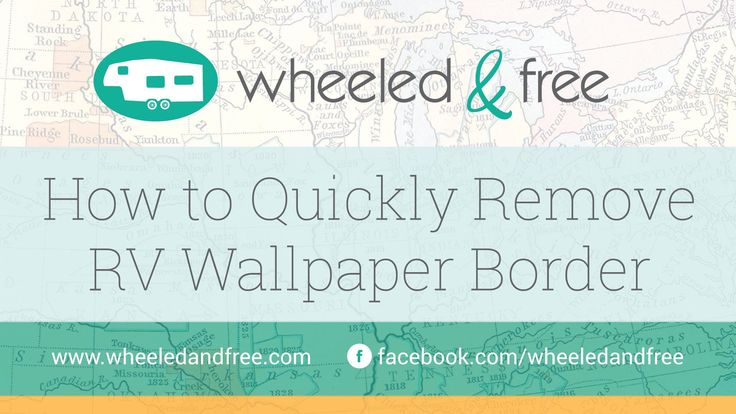
- Cover sockets and switches with masking or stationery tape.
- Remove furniture.
- Place film or newspapers on the floor.
- Seal skirting boards.
- If furniture remains, move to the center and cover.
- Leave a wet cloth at the entrance to keep dust out.
What tools are needed for dismantling?
Various tools are used to remove the old coating. The material matters - some wallpapers are easily removed, others need to be wetted or treated with a special compound. But there is a list of basic tools.
Needed:
- Gloves.
- Spatula.
- Bucket of warm water.
- Dishwashing liquid.
- Roller.
- Sponge.
- metal bristle brush.
- Wallpaper wash.
- Iron.
Basic methods and means for removing old wallpaper
Each material has its own characteristics. How to shoot depends on the type of old canvases.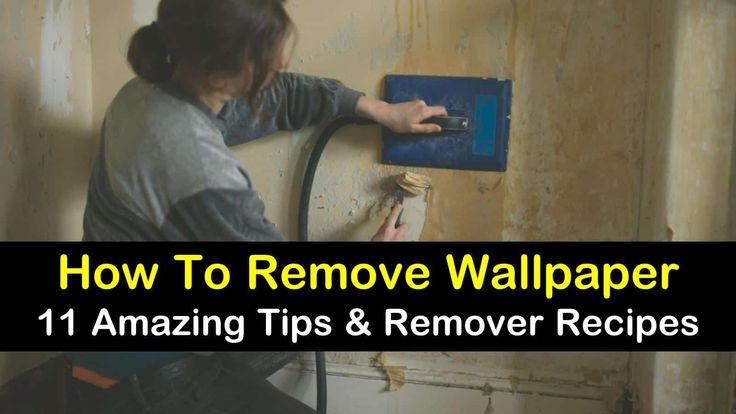
With water
The simplest and most obvious method. By wetting, you can easily remove old self-adhesive, non-woven, paper and even vinyl wallpapers.
Tools:
- Bucket of room temperature water.
- Roller.
- Construction spatula.
- Stationery knife.
Procedure:
- Drop dish detergent into water, stir.
- Moisten the roller and run it over several strips of wallpaper.
- Wait - material should soften. Pry off the canvas with a spatula at the junction, remove.
- Clean the wall of small pieces with a knife.
Video
The full process can be seen on the video.
Mechanical (steam and needle roller)
Almost any old coating can be easily removed with this method. The presence of a steam generator is a great bonus in work.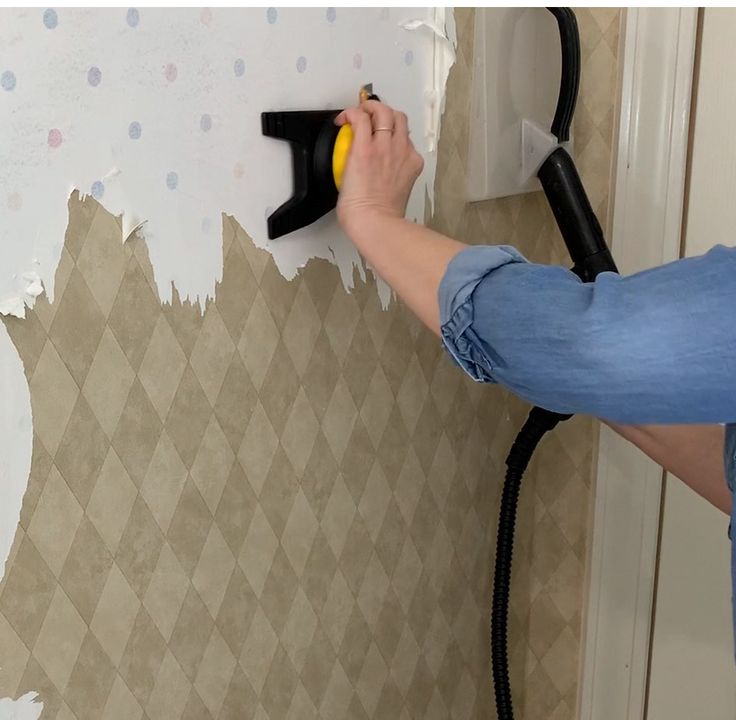 An alternative to it is an iron, but you will need a sheet or a piece of cotton.
An alternative to it is an iron, but you will need a sheet or a piece of cotton.
Which wallpaper is better to use?
Suitable for paper, non-woven, vinyl wallpapers.
Stock:
- Steam generator or sheet iron.
- Water container.
- Wallpaper tiger (aka needle roller), but a clerical knife will do.
- Spatula.
Steam stripping:
- Go over the canvases with a spiked roller.
- Moisten a sheet, wring out and lean against the wall.
- Set the maximum temperature on the iron.
- Iron the sheet several times.
- Pry off with a spatula and quickly remove.
Video
Lifehack on removing wallpaper with a steam generator, as well as comments can be viewed on the video.
Special chemicals
If the wallpaper is tight, it is difficult to remove it with traditional methods.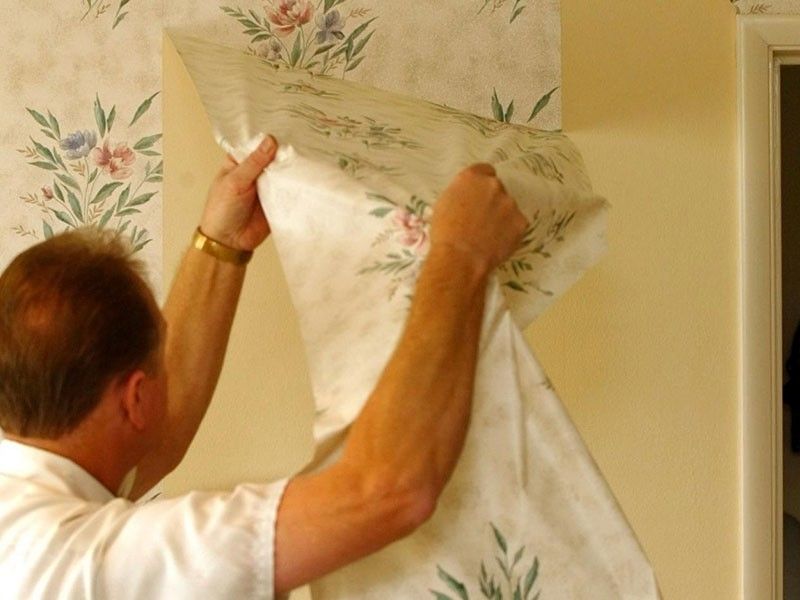 To save time and achieve the best result, special chemical solutions are often used. They are sold in construction supermarkets, they help to quickly remove old canvases.
To save time and achieve the best result, special chemical solutions are often used. They are sold in construction supermarkets, they help to quickly remove old canvases.
Which wallpaper is better to use?
Used for non-woven, paper, washable, textile wallpapers.
Equipment required:
- Roller.
- Rubberized gloves.
- Basin with water.
- Wallpaper tiger (if not, you can use a knife).
- Spatula.
Step-by-step instructions
- Dilute the substance with water according to the instructions.
- Roll the walls with a wallpaper tiger or pierce with a knife.
- Apply the compound to the walls with a roller.
- Leave the wallpaper to soak (exact time is on the package).
- It is enough to pry the sheet with a spatula and tear it off.
Video
See video for details.
Removing old Soviet wallpaper requires effort. Often they are pasted on a layer of newspapers, under which there is old plaster. To begin with, you can try the traditional method - soak with water and tear off. If not, use liquid.
Removal features depending on the substrate and material
Different coatings have their own characteristics. This must be taken into account when choosing a removal method.
- Vinyl. They come off easily. It is enough to soak them in water and remove them after 20-30 minutes.
- Paper. They come off easily if they are glued to high-quality glue (universal "Metilan"). Removed with a knife or spatula. If they do not come off, soak with water or steam with an iron.
- Non-woven. They have two layers, the top layer is removed. Ideally, it is better to steam old canvases or apply a wallpaper remover.
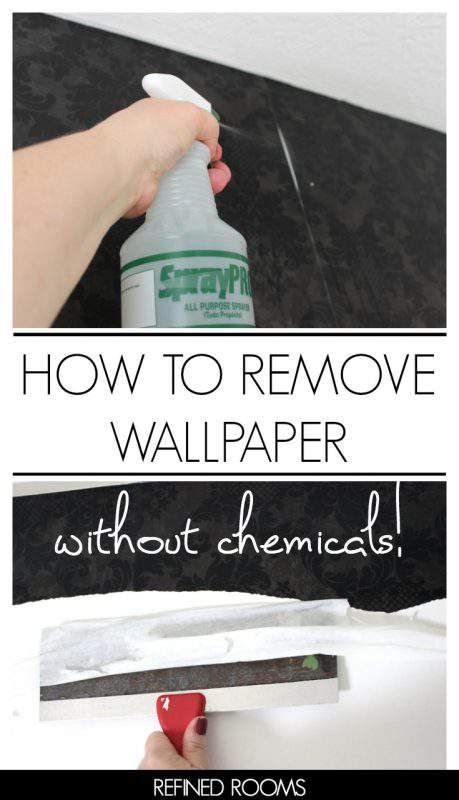
- Liquid. They are afraid of moisture. To “unstick” them, it is enough to soak the wall, after a while the coating will begin to lag behind the walls.
- Washable. Treated with a protective composition that does not allow moisture to pass through. It is necessary to run the walls with a spiked roller, apply wallpaper remover, remove after a while.
- Glass fiber. Take off easily. It is necessary to tear the sheets, fill the space under them with water. After 45 minutes, they will start to fall behind. Or immediately fill with a special liquid and easily tear off.
- Self-adhesive. Old sheets come off easily; to speed up the process, you can moisten them with boiling water or use a building hair dryer.
How to peel off the wallpaper depending on the type of surface?
When removing old wall coverings, the type of surface must be taken into account. This will simplify the work and save you from additional manipulations after.
This will simplify the work and save you from additional manipulations after.
Drywall
The material is not moisture resistant. It will not work to use water or a chemical composition, as it will lead to deformation of the drywall. You can remove the old coating with a steam (iron) or rip it off manually, helping with a knife. Work carefully so that the knife does not scratch the drywall.
Concrete walls
Concrete is resistant to water and high temperatures. You can remove the old coating in any way, you need to build on the material of the canvases. Paper can be easily removed with water, washable, textile, vinyl and others can be removed mechanically or by chemical composition.
Wooden surface (plywood, chipboard, fiberboard, gypsum board)
Wood and plywood are afraid of moisture, and if the surface was not additionally processed before wallpapering, it will not be possible to remove the canvas by soaking.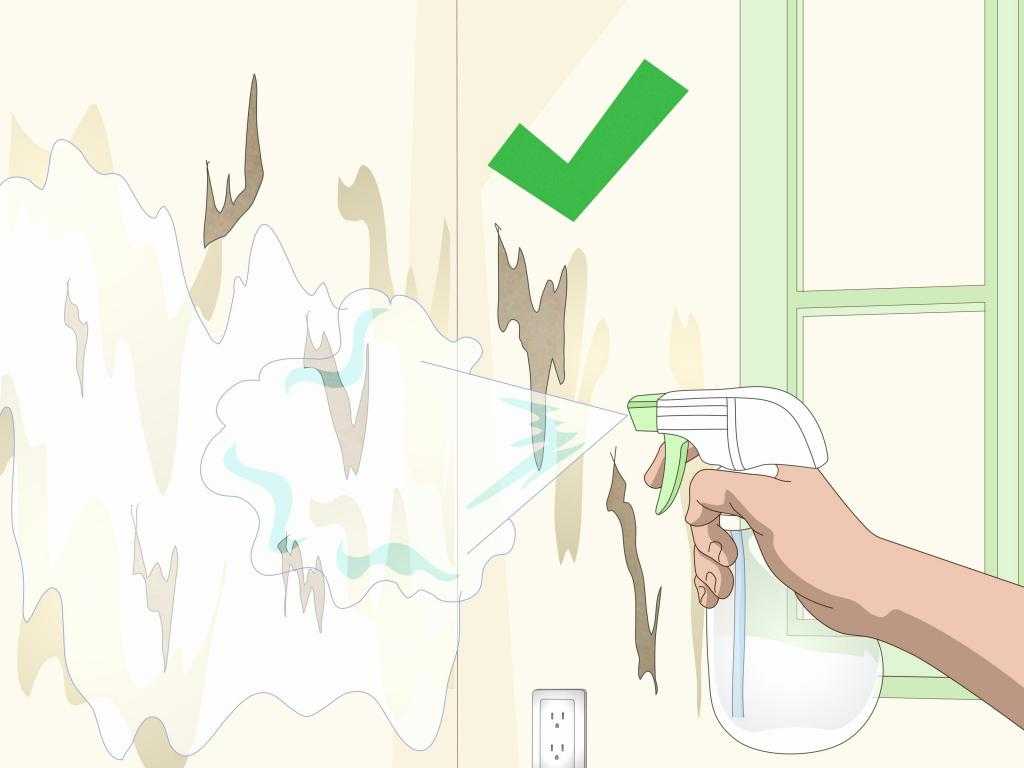 Steam can be used to remove the coating from painted walls. A win-win option is a composition for removing old wallpaper. It does not deform the wooden surface and will help to remove the coating with a minimum of time. Or gently peel off the wallpaper with a knife or spatula.
Steam can be used to remove the coating from painted walls. A win-win option is a composition for removing old wallpaper. It does not deform the wooden surface and will help to remove the coating with a minimum of time. Or gently peel off the wallpaper with a knife or spatula.
The best way to quickly and easily remove the wallpaper at home
To remove the coating quickly and effortlessly, it is recommended to use a wallpaper remover. Chemical products are a convenient option for the home - they are harmless to health, suitable for all surfaces (wood, drywall), a minimum of dirt and dust in the process. You can remove the old canvases and steam - the result is good, but if there is no steam generator, laborious work awaits.
How to remove old ceiling wallpaper?
Removing old wallpaper from the ceiling depends on the material. It is inconvenient to work with an iron on the ceiling, soaking with water or a chemical solution remains.
Needed:
- Stepladder or table.

- Water tank.
- Spatula.
- Roller.
- Masking tape.
- Film.
Prepare goggles, gloves, headgear, old clothes from equipment.
Step-by-step instructions:
- Remove furniture.
- Turn off the electricity, remove the chandelier (preferably).
- Seal sockets, plinths with adhesive tape.
- Cover the floor.
- Moisten the roller with water or a special water-based solution.
- Wet the ceiling.
- Wait 25-40 minutes until the sheets are soaked.
- Carefully pry off the sheet with a spatula and remove.
- Do not turn on electricity, wait for the ceiling to dry.
What to do if the wallpaper is pasted on PVA glue or bustilat?
If the old coating is glued to PVA glue, it will not work to tear it off with a spatula or scraper.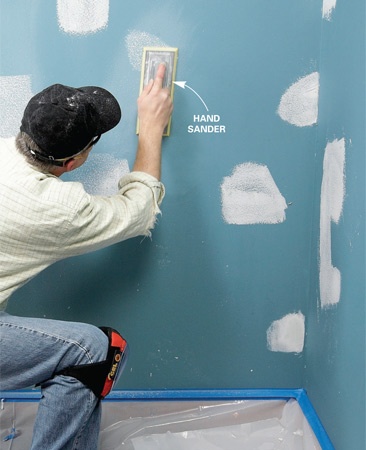 Ideally, you need a device - a grinder or a grinder with sandpaper nozzles. The process is dusty, but the result is worth it.
Ideally, you need a device - a grinder or a grinder with sandpaper nozzles. The process is dusty, but the result is worth it.
If you don't have such tools in your arsenal, a needle roller will help you out. It takes a long time to scratch the old wallpaper. At the end, treat the walls with a wallpaper remover, cut them off.
To remove old wallpaper pasted on bustilat, you need to work for a long time with a scraper, a metal brush, sandpaper.
- If there is putty under the wallpaper - this method is not recommended, so as not to have to refinish the walls.
- For paper sheets, the steam method is suitable.
- Washable, vinyl and textile wallpapers are best treated with a chemical composition, and then safely removed.
How to peel in problem areas?
More time and patience will be required to work. This applies to stripping old wallpaper in a room with a stretch ceiling and behind the batteries.
From under the stretch ceiling
You will need:
- Sharp knife.
- Wide spatula (preferred).
- Water or adhesive thinner.
Procedure:
- Place the spatula vertically on the ceiling.
- Cut the blade along the edge of the spatula with a knife.
- Reattach the spatula by shifting it.
- In this order, cut the wallpaper on the border with the ceiling around the entire perimeter.
- Moisten wallpaper with water or mortar, remove.
Behind the battery
If the radiator can be removed, no problem. Behind a stationary battery, you will have to wield a small spatula or knife. The result depends on the size of the radiator and how far the hand reaches.
Removing old wallpaper with your own hands without the involvement of craftsmen should not be difficult. Manufacturers offer special chemical compounds that can even cope with tightly glued old sheets.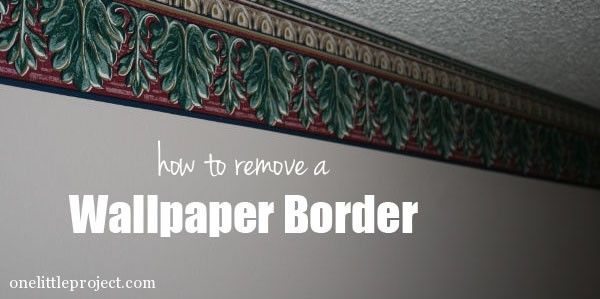
Learn more
- Halloween decoration ideas scary

- How to design kitchen cabinets
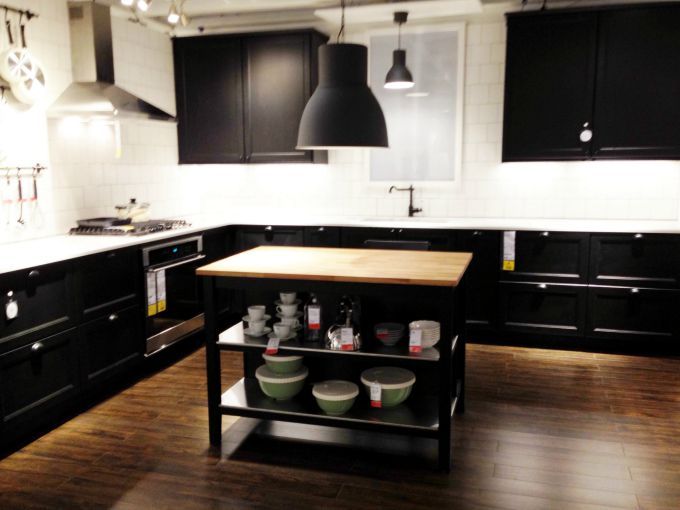
- Best whole food juicer

- When can i plant lettuce outside

- Patio plant design ideas

- Flowers in front of the house
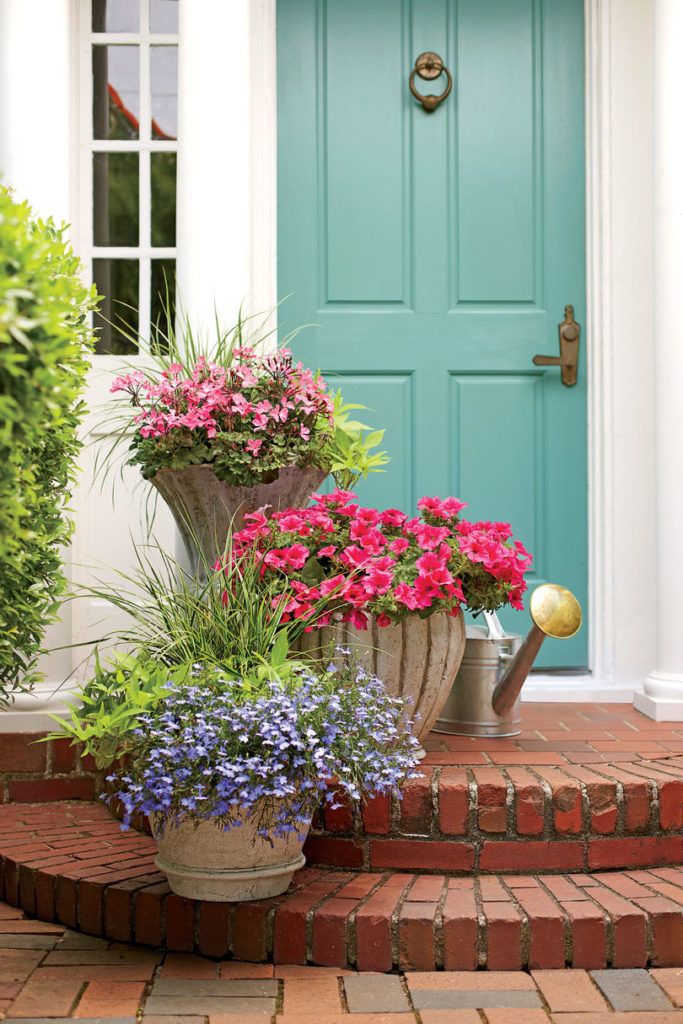
- Decorating playroom ideas
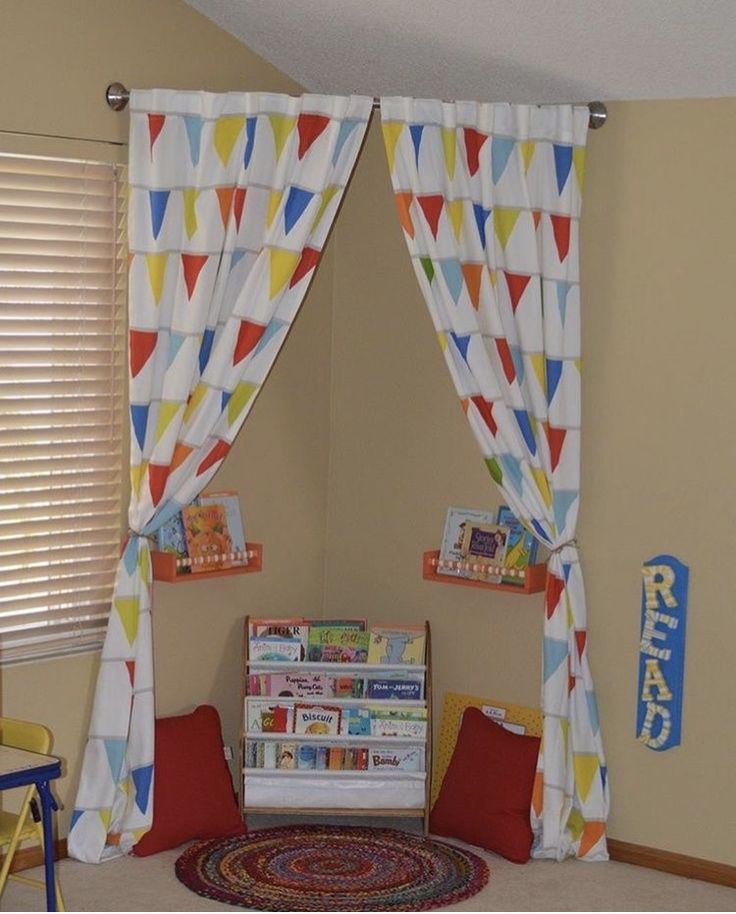
- Modern colors for dining room
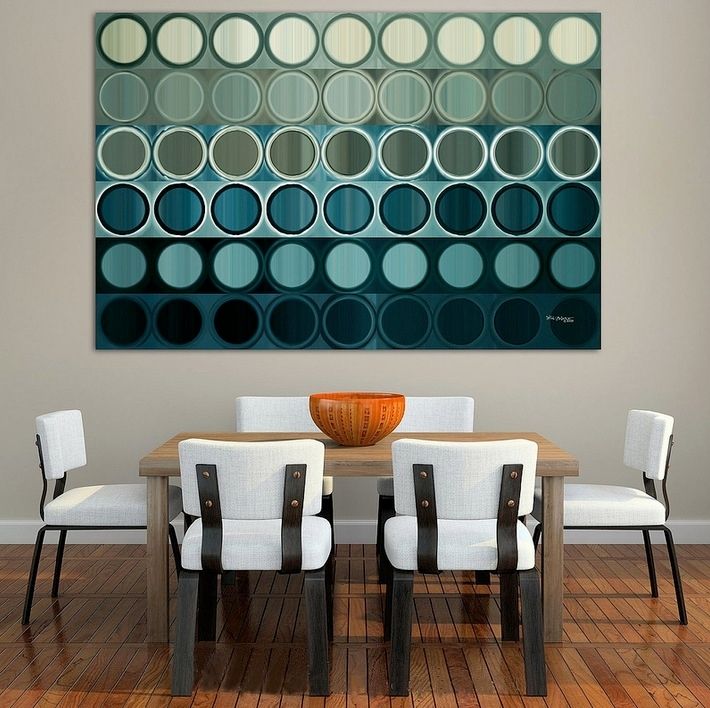
- Interior paint design ideas for living rooms

- Tile design ideas for entryway
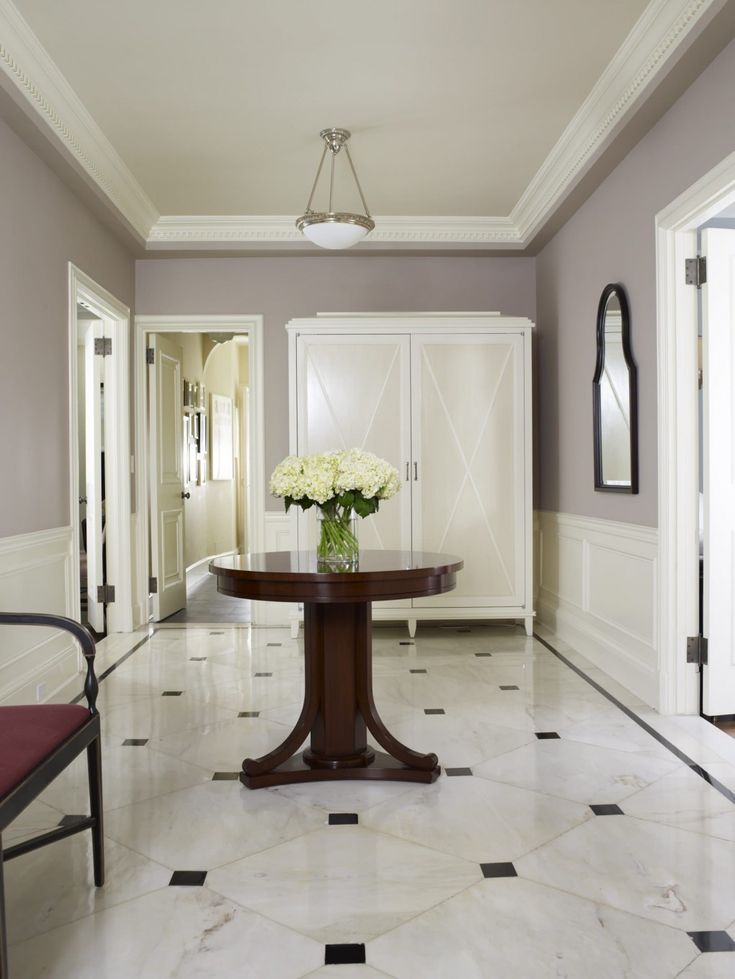
- Swimming pools landscape ideas
